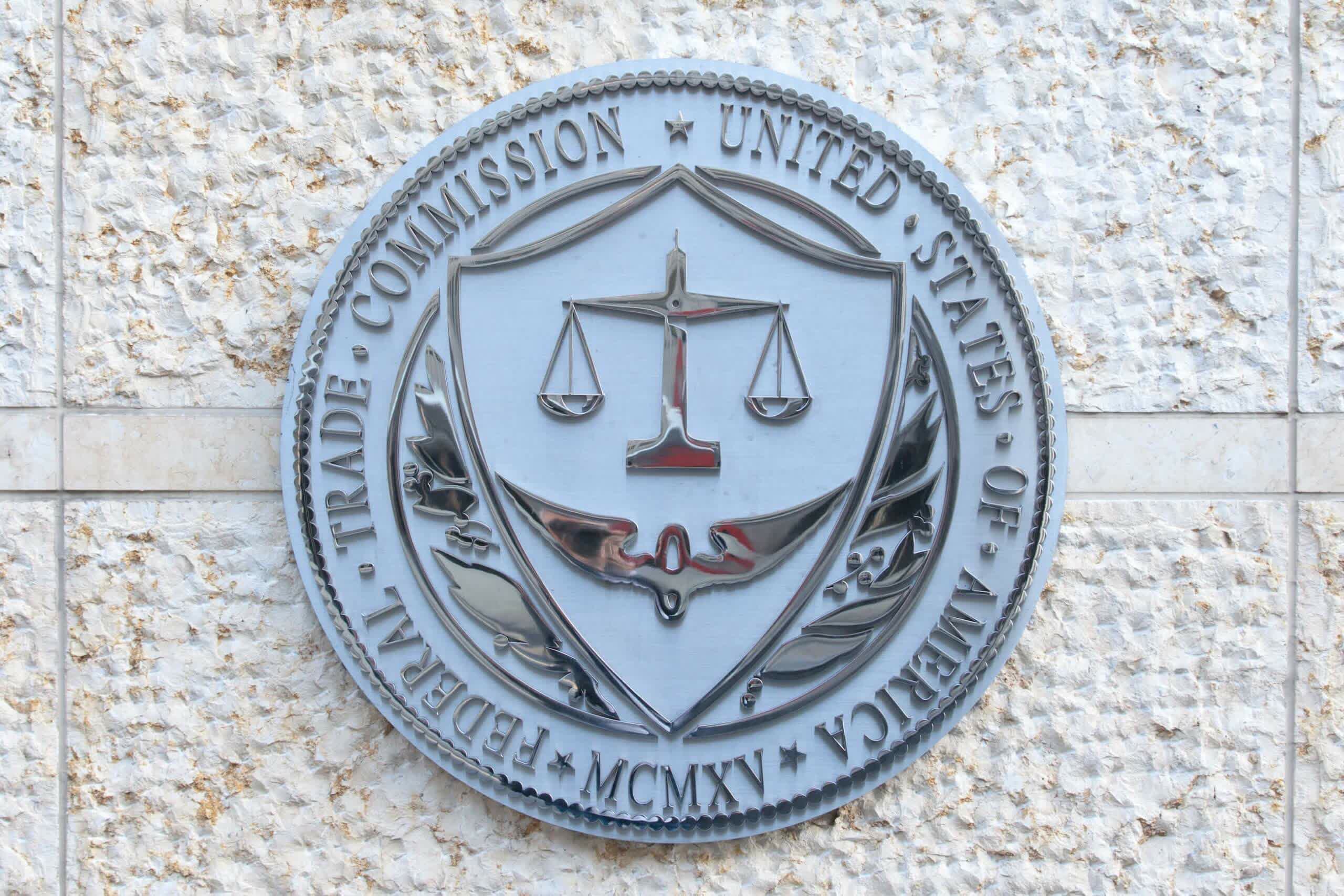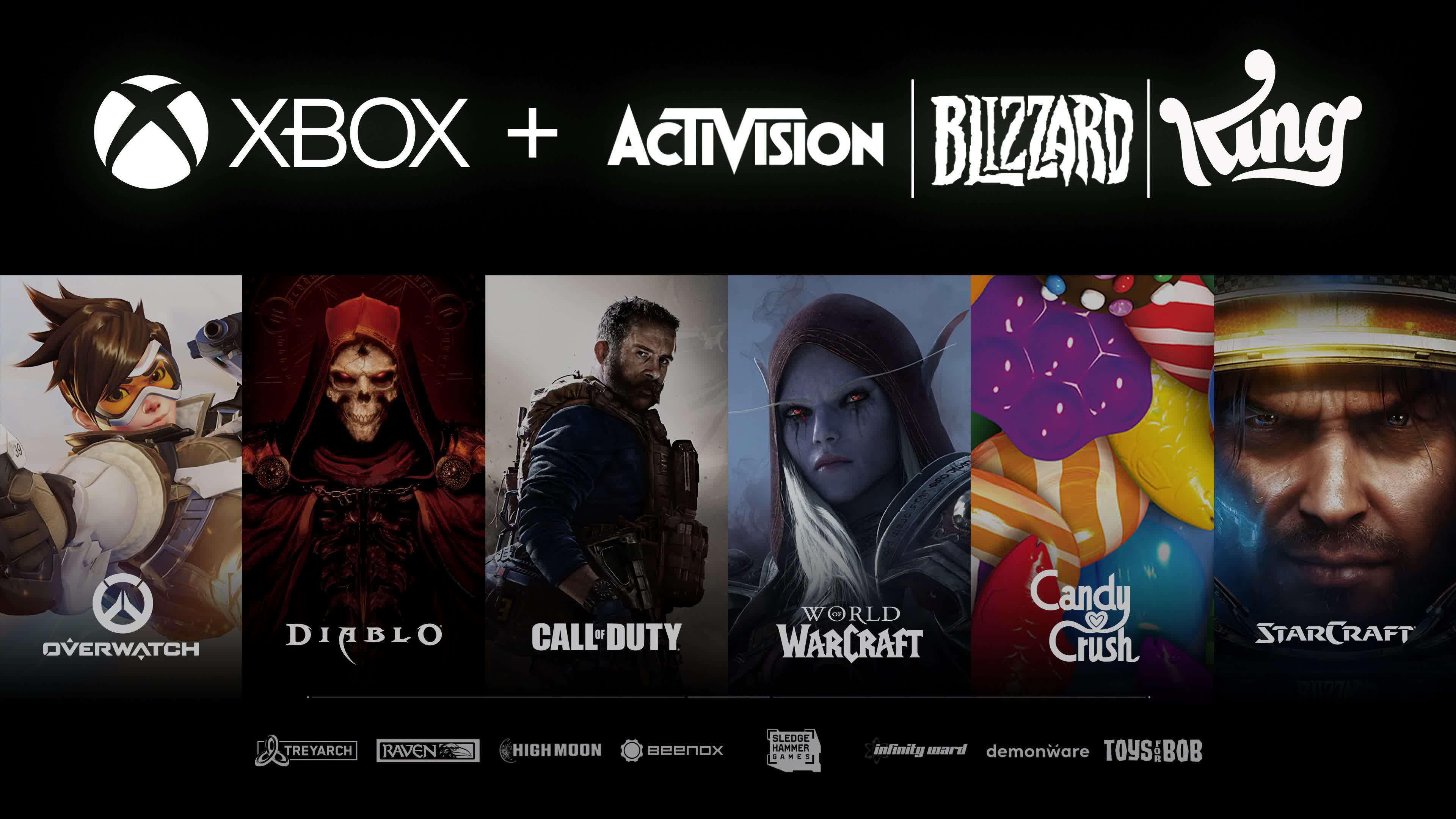In brief: Microsoft's decision to purchase video game publisher Activision Blizzard came as a big shock, but the deal won't be completed until 2023. In the meantime, regulators are looking into potential antitrust issues just as they're preparing an overhaul of merger guidelines in light of new market realities.
Unlike other tech giants like Apple, Google, Facebook, and Amazon, Microsoft has managed to avoid a lot of regulatory scrutiny, especially when it comes to acquisitions. Last month, the Redmond giant announced it was buying video game publisher Activision Blizzard for $68.7 billion --- its largest acquisition to date, and something the FTC is now looking into for its potential to harm competition in the gaming industry.
If it goes through, the deal will transform Microsoft into the third-largest video game company after Tencent and Sony. Previously, the company also acquired Minecraft developer Mojang, Psychonauts 2 maker Double Fine Productions, and Bethesda Softworks. Seeing as Microsoft has been on a buying spree, it's no surprise this has attracted the attention of regulators, and it appears the Department of Justice is letting FTC do the investigation in this case.

It's also worth noting the FTC and the DOJ are planning to do a review of merger guidelines to see whether they are overly permissive. The move was announced earlier this month in light of an increasingly concentrated tech industry and a surge in merger filings in 2020 and 2021, with many signs pointing to a continuation of this trend in the coming years.
Microsoft isn't the only company making strategic acquisitions as of late, with Take-Two Interactive also looking to buy Zynga for $12.7 billion. This week, Sony agreed to purchase Bungie, the developer behind Halo: Combat Evolved and Destiny 2 for $3.6 billion. And while Sony PlayStation CEO Jim Ryan says the acquisition wasn't a response to other big acquisitions announced this year, it's hard not to look at this as a rapid consolidation of the video game industry.
